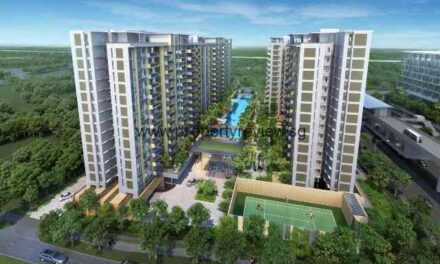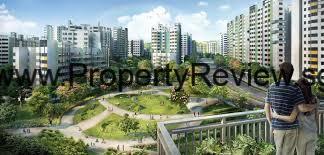
Owners of residential investment properties in Singapore may have to pay higher property taxes in 2024. The increase in yearly property prices and market rents for the bulk of residential properties is what is driving this change. There will be an increase in property taxes, especially for landed estates and opulent condominiums.
But there is some good news for property owners as well. Rebates will be given to owner-occupied residential homes to partially offset the higher tax burden. The government’s method of awarding these refunds makes a distinction between properties that are owned by their owners and those that are not, in line with a progressive tax structure. This strategy makes sure that those who make more money give more to help others who are less fortunate.
Although owners of residential real estate are concerned about the increased property tax rates scheduled for 2024, industry professionals are nonetheless upbeat about the resiliency of the market. The allure of purchasing residential real estate in Singapore endures despite the rise, mostly because of the possibility of capital growth, which often offsets the increased tax obligations.
Huttons Asia Lee Sze Teck notes that the rise in property taxes for residential units that are not owned or inhabited was first declared in Budget 2022. The residential real estate industry flourished in spite of this, with prices rising by 8.6% in 2022. Because of this, analysts like Lee do not believe that 2024 will have a big effect on investments in residential real estate.
Landlords are unlikely to pass on rising property taxes to renters, particularly because 2024 is predicted to see a slowdown in the expansion of the rental market. Higher loan rates, higher maintenance costs, and high extra buyer’s stamp duty (ABSD) rates for investment properties are all predicted to occur at the same time as this downturn, which will result in greater investment expenditures.
According to Christine Sun at OrangeTee & Tie, landlords’ financial concerns would rise as a result of higher property taxes since they will earn less money from rentals. As a consequence of the rising cost of living, rising goods and services tax (GST), and uncertain economic times, potential purchasers are probably going to become more frugal.
When buyers become more frugal and developers bid cautiously, this combined impact may serve as a buffer against a sharp increase in real estate prices by keeping land bid prices from rising any higher.
In conclusion, even though homeowners may be concerned about potential increases in property taxes, the fundamental advantages of the Singaporean real estate market and the government’s progressive tax policies should lessen the effects and keep buying residential real estate appealing in the upcoming year.








